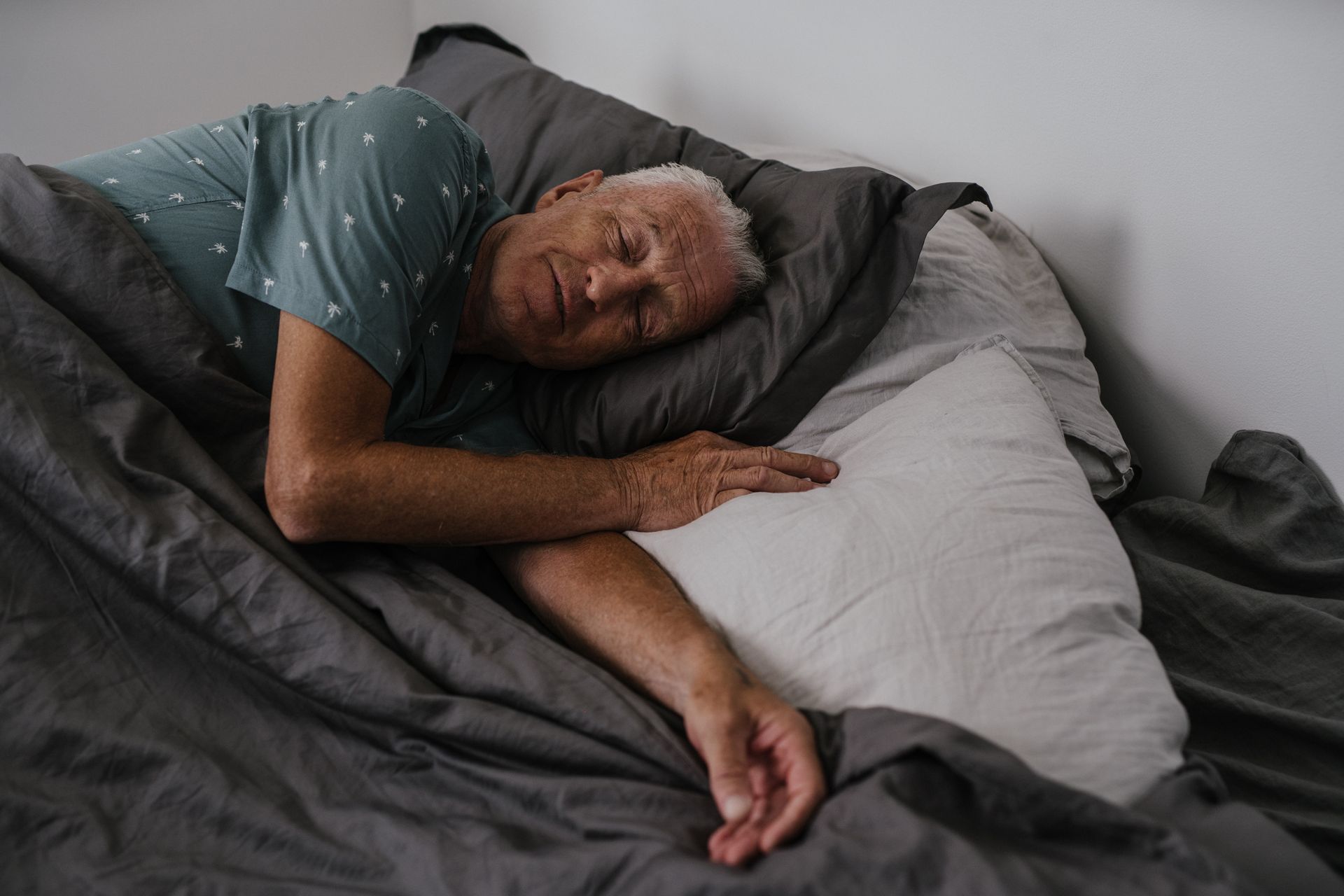
Take Back Your Sleep from Insomnia
Sleep is an essential part of our daily lives. It allows us to recharge and rejuvenate and is crucial for our overall health and well-being. However, our sleep patterns may change as we age, leading to difficulty falling or staying asleep. This can result in feelings of tiredness and irritability during the day and negatively impact our quality of life. This problem, commonly known as insomnia, affects millions of older adults worldwide.
What is Insomnia?
Insomnia is when you have difficulty falling asleep at least three days per week for anywhere between 1 week and three months. This can be trouble falling asleep or difficulty staying asleep.
Causes of Insomnia in the Elderly
Several factors can contribute to insomnia in the elderly. Some of the most common causes include medical conditions such as chronic pain, depression, and anxiety. Other factors include age-related changes in sleep patterns, changes in medication, and lifestyle factors such as an irregular sleep schedule.
Sleep Hygiene
There are a few habits and practices that promote healthy sleep patterns that you can try at home.
- Avoid large meals right before bed
- limiting exposure to screens before bedtime
- Limit alcohol, caffeine, and nicotine use
- Avoid daytime naps
- Engaging in physical activity during the day
- Build a regular sleep schedule
These are not quick fixes, but having good sleep hygiene can help improve the quantity and quality of sleep.
Over-the-counter medications
Over-the-counter (OTC) sleep medications are widely used to manage occasional sleep problems. Diphenhydramine and doxylamine are two commonly used antihistamines in many OTC sleep aids. These medications work by causing drowsiness, which can help people fall asleep and stay asleep.
It is important to note that while these medications can be effective in promoting sleep, they can also cause side effects such as grogginess, dry mouth, and confusion.
Another OTC sleep aid option is melatonin, a hormone that regulates the body's sleep-wake cycle. Melatonin supplements can help reset the body's internal clock and improve sleep quality. Unlike antihistamines, melatonin is generally well tolerated and has few side effects, making it a popular choice for those with occasional sleep problems.
Insomnia is a common problem among the elderly, affecting millions of older adults worldwide. However, with the proper treatment and support, you can once again experience restful, rejuvenating sleep and enjoy an improved quality of life.
For more information visit:
Dopheide, J. A. (2020). Insomnia overview: Epidemiology, pathophysiology, diagnosis and monitoring, and nonpharmacologic therapy. American Journal of Managed Care.
Sateia, M. J., et al. (2017). Clinical practice guideline for the pharmacologic treatment of chronic insomnia in adults: An American Academy of Sleep Medicine clinical practice guideline. Journal of Clinical Sleep Medicine.
